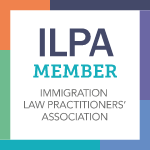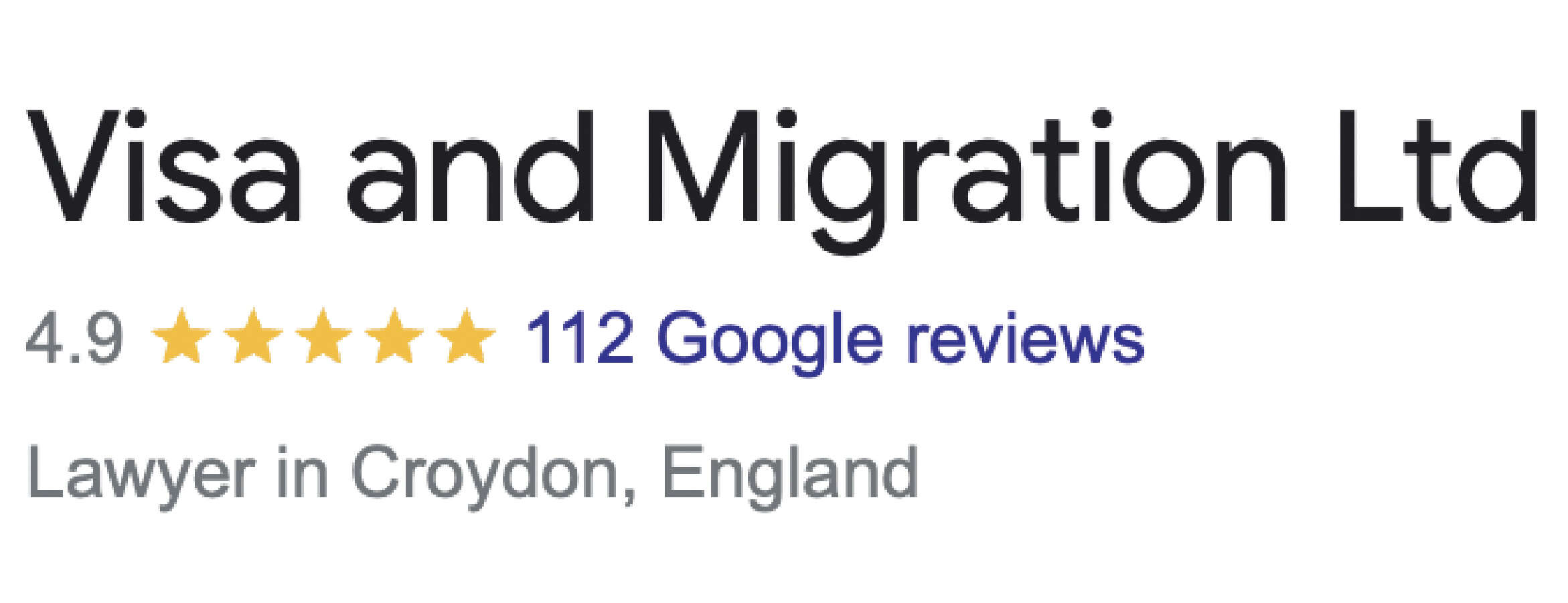
If both parents of a child are already in the UK or relocating to the UK, they can bring their children to the UK. The immigration rules permit this, provided the child or children are below the age of 18 and can be adequately maintained and accommodated in the UK by their parents. However, if only one parent of a child is in the UK or going to be in the UK while the other parent will remain abroad, such parents can bring their child or children to the UK by proving that they are solely responsible for their child. They need to pass the sole responsibility test or, in other words, establish sole responsibility for their children. The immigration rule of the UK states - that parents cannot decide what is best for their children, but instead, the parent relocating to the UK must prove that there is a perfect reason for the child to be brought to the UK. You can also join your child based on having sole responsibility in the UK who is a British citizen or has been settled in the UK for at least seven years.
As the term suggests, sole responsibility means only one parent (mother or father) is responsible for upbringing the child. If you are a parent of such a child, you need to prove that you have been solely responsible for the parental care of your child for a substantial period. If your child was under the supervision of your relatives abroad, it is acceptable, but your child should not be under the care of relatives of the child's other parent. Sole responsibility means that you have complete responsibility for your child's major long-term decisions, such as his/her education, the faith he/she is raised in, etc., until your child is 18 years old.
The test for establishing Sole responsibility is provided by the case of TD (Paragraph 297(i)(e): “sole responsibility”) Yemen [2006] UKAIT 00049 – The test is, not whether anyone else has day-to-day responsibility, but whether the parent has continuing control and direction of the child’s upbringing including making all the important decisions in the child’s life – if not, responsibility is shared and so not “sole”. To bring your child to the UK based on your child's sole responsibility, you need to establish or pass the sole responsibility test to the Home Office. To pass this test, you need to prove things like:
Raising the evidence of this is generally where people face problems. Also, you need to prove to the Home Office that you have had sole responsibility for your child for a substantial period, and you have day-to-day control of your child. If you migrated to the UK and have been separated from the child, the Home Office will look for how long you have been separated from your child and what relationship you have with your child during this period. The child's care in such a situation must be taken by your relatives and not by the relatives of the child's other parent.
The Home Office may refuse your application as a parent with sole responsibility for your child if:
This is not a complete list of reasons for refusal, as every case is judged individually. Still, providing the right and enough documents is very important for a successful application.
What if you are unable to demonstrate that you have the sole responsibility for your child? In this scenario your application to bring your child to the UK or you joining him in the UK may still be accepted if you can demonstrate serious and compelling reasons for it.
It is not absolutely clear as to what constitutes as serious and compelling reasons. However, the guidance provides several examples as follows:
It depends on case to case. If you can prove that there are severe and compelling reasons for the child to join you in the UK, such as emotional or physical factors relating to you or the other parent abroad is mentally or physically incapable of taking care of the child, the Home Office may allow your child to join you in the UK. But it is not necessary because the Home Office may still consider otherwise.
Part 8 of the Immigration Rules provides the right to family life. You can argue your application based on human rights. The Secretary of state has the right to interfere with family life for immigration control. However, the Home Office may remind you that family life can also be achieved elsewhere outside the UK.
If you are looking for representations on any of the above routes you can get a free assessment from one of our lawyers at Visa and Migration Ltd. You can call 02034111261 or email info@visaandmigration.com
You can also follow us on social media
Facebook: https://www.facebook.com/visaandmigration/
Twitter: https://twitter.com/visamigrationuk
LinkedIn: https://www.linkedin.com/in/visa-and-migration-a4aa9910b
YouTube: https://www.youtube.com/channel
...



